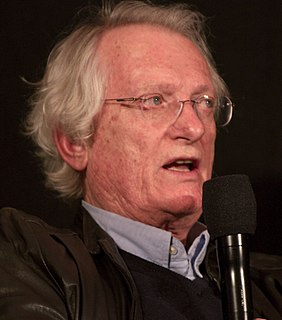A Quote by Anthony Marra
I read all of the nonfiction that I could find on Chechnya, and all the while, I was searching for a novel that was set there. I couldn't find a single novel written in English that was set in the period of the two most recent Chechen wars.
Related Quotes
The point is, that the function of the novel seems to be changing; it has become an outpost of journalism; we read novels for information about areas of life we don't know - Nigeria, South Africa, the American army, a coal-mining village, coteries in Chelsea, etc. We read to find out what is going on. One novel in five hundred or a thousand has the quality a novel should have to make it a novel - the quality of philosophy.
In reading a novel, any novel, we have to know perfectly well that the whole thing is nonsense, and then, while reading, believe every word of it. Finally, when we're done with it, we may find - if it's a good novel - that we're a bit different from what we were before we read it, that we have changed a little... But it's very hard to say just what we learned, how we were changed.
I think the term "artist's novel" for me has referred to writing which supports an art practice or a more specifically a particular artwork or project. The nonfiction novellas and nonfiction novel I have written play a role in my artwork as objects - which I will return to, but I write the books to exist autonomously.
In 1965, when I was fourteen, I read my first adult novel; it was a historical novel about Katherine of Aragon, and I could not put it down. When I finished it, I had to find out the true facts behind the story and if people really carried on like that in those days. So I began to read proper history books, and found that they did!
For almost every novel I've written, I've read the daily newspaper of the time almost as if it were my current subscription. For 'Two Moons,' which was set in 1877, I think I read just about every day of the 'Washington Evening Star' for that year. For 'Henry and Clara,' I read the 'Albany Evening Journal' of the time.
One easy mistake to make with the first novel is to expand the short story. Some things are better as a story; you cannot dilute things into a novel. I think the first hundred pages of a novel are very important. That's where you set things up: the world, the characters. Once you've set that up, it'll be much easier.
The most common mistake students of literature make is to go straight for what the poem or novel says, setting aside the way that it says it. To read like this is to set aside the ‘literariness’ of the work – the fact that it is a poem or play or novel, rather than an account of the incidence of soil erosion in Nebraska.




































